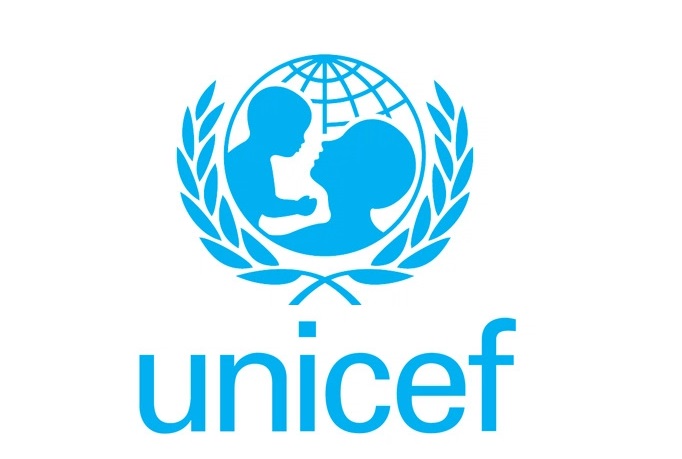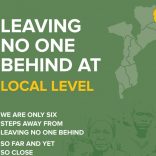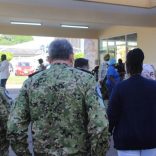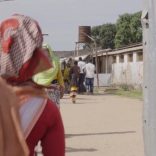UNDP: Leaving No One Behind at Local Level - Cabo Delgado province report
UNICEF estimates that around 4.8 million Mozambicans require humanitarian assistance

According to UNICEF, US$64 million is needed to respond to Mozambique's most urgent humanitarian needs. Conflict, drought and public health emergencies are straining humanitarian resources, with 4.8 million people in need of humanitarian assistance, including 3.4 million children. (In file CoM]
Around 4.8 million people are in need of humanitarian assistance in Mozambique, with US$64 million required to “address the humanitarian needs of 2.5 million people nationwide, including 2.1 million children”, the United Nations Children’s Fund (UNICEF) estimated on Thursday. {The full report is here]
“The poly-crisis in Mozambique – conflict, drought and public health emergencies – are stretching humanitarian resources. Approximately 4.8 million people require humanitarian assistance (10% of these, persons with disabilities), including 3.4 million children,” the Unicef statement reads.
According to the United Nations agency, US$64 million is required to respond to the most urgent humanitarian needs “of 2.5 million people nationwide, including 2.1 million children.”
Regarding Cabo Delgado, a province that continues to face an armed insurgency, UNICEF explains that “more than 1.3 million internally displaced people, returnees and conflict-affected people require assistance”, adding that “80% of returnees and those who are internally displaced are women and children”.
“Nearly 3.3 million people are projected to be in ‘crisis’ or higher levels of food insecurity due to the impact of the El Niño weather pattern, while La Niña weather patterns may exacerbate conditions in 2025,” UNICEF adds.
According to UNICEF, “more than 29,000 children under age 5 will likely need treatment for severe wasting (acute malnutrition)” as a result of these climate phenomena.
“A lack of predictable and flexible funding puts children’s welfare at risk,” UNICEF concludes.
In September, the United Nations (UN) reported that almost two million people in Mozambique were in need of humanitarian assistance. “Due to the impact of the drought induced by the El Niño phenomenon during the 2023-2024 season, the humanitarian assistance needs of affected communities have increased substantially, particularly in the Central and Southern Regions of Mozambique. It is expected that approximately 1.8 million people may experience food insecurity between October 2024 and March 2025,” the organization explained.
Mozambique is considered one of the countries worst affected by global climate change, facing cyclical floods and tropical cyclones during the rainy season, which runs from October to April.













Leave a Reply
Be the First to Comment!
You must be logged in to post a comment.
You must be logged in to post a comment.